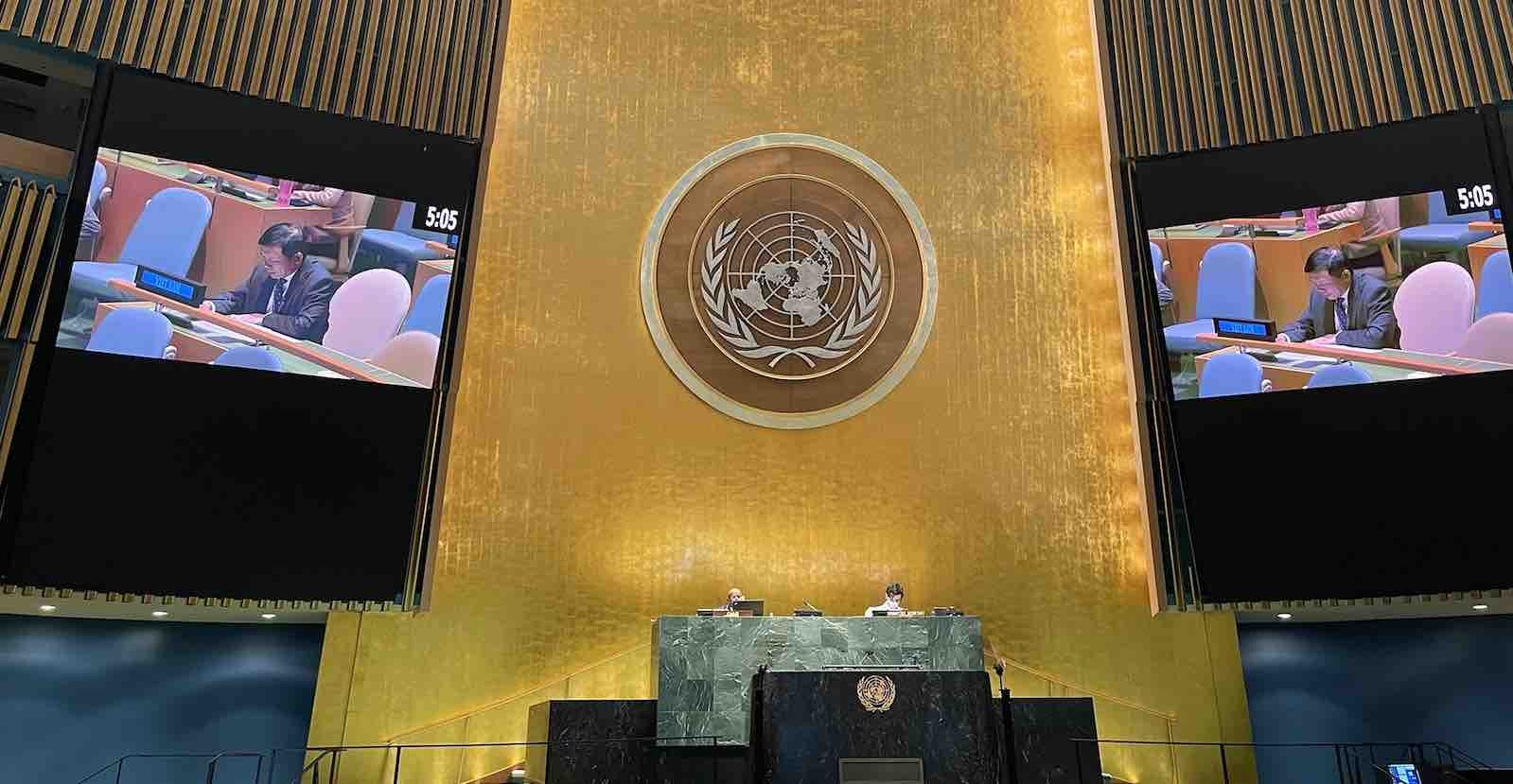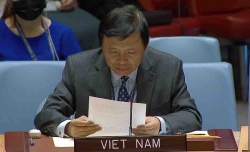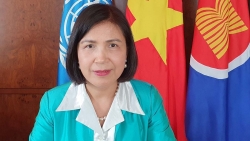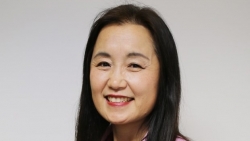
Viet Nam to support equitable COVID-19 vaccine distribution, human rights protection
Latest
 |
| Ambassador Dang Dinh Quy, Permanent Representative of Viet Nam to the UN speaks at the meeting. (Photo: UN) |
He made the statement during a deliberation of the Third Committee - Social, Humanitarian & Cultural Issues of the United Nations General Assembly (UNGA) chaired by Ambassador Mohamed Siad Doualeh (Djibouti), which will run from September 30 to November 19, within the 76th session of the UNGA.
Quy took the occasion to express Viet Nam’s gratitude to partners, international organisations and people of countries worldwide for their support to Viet Nam's fight against COVID-19.
To recover better and leave no one behind, he laid stress on a need for transitional leadership and strong political will, stating that recovery policies must ensure sustainability and inclusion.
Short-, mid- and long-term measures need to place people at the centre, with a focus on poverty reduction and hunger elimination, education and healthcare provision for all, he added.
The Ambassador affirmed that human rights protection is for all countries’ interest and the promotion and protection of human rights should be based on constructive approach and dialogues.
In addition to not intervening in internal affairs, countries should respect territorial integrity and political independence in line with principles of the UN Charter and international law, as well as respect historical, social and cultural conditions, along with the context of nations' development.
Civil rights and political, economic, social and cultural rights or those for development must be treated as equal.
The Ambassador reiterated that promoting and protecting human rights are of top priority, an ultimate goal and momentum for Viet Nam’s sustainable development.
He touched on Viet Nam' achievements in the fields in recent times, as well as the country’s commitments to engaging in dialogues and cooperation with UN bodies, special rapporteurs and independent experts of the UN Human Rights Council, in order to protect and promote human rights.
Participating countries said that they encounter obstacles in socio-economic development and vaccine access, especially African nations.
Furthermore, they expressed their concern about difficulties facing women, children, the elderly and people with disabilities, together with those of ethnic groups and immigrants.















